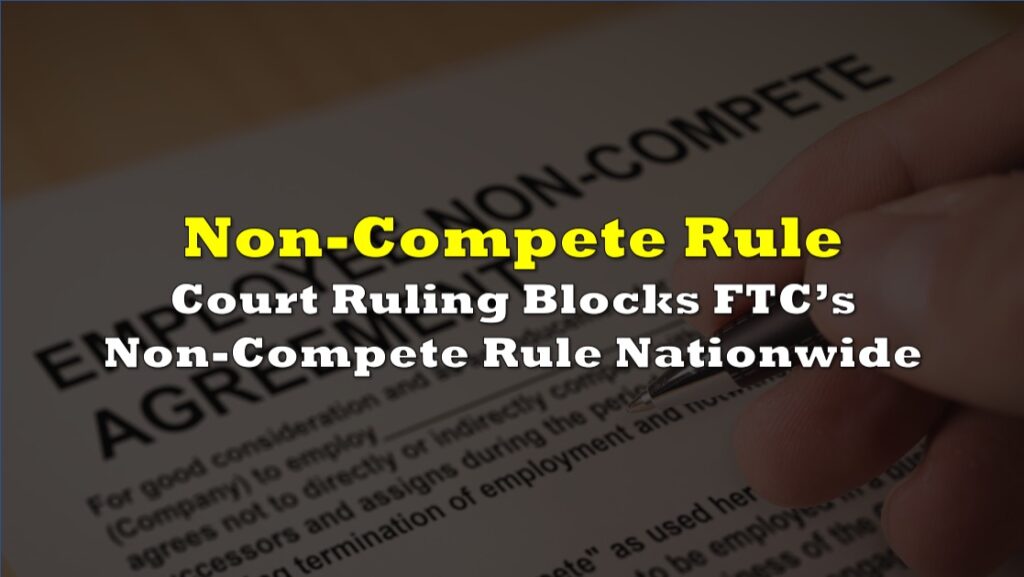The Federal Trade Commission (FTC) and 17 states have filed a lawsuit against Amazon (NASDAQ: AMZN), accusing the online retail giant of illegally wielding monopoly power that artificially inflates prices, restricts seller choices, and harms competitors. This legal action, filed in a Seattle federal court, represents a significant step in the Biden administration’s aggressive approach to enforcing antitrust laws.
Lina Khan, the FTC’s chair and a vocal Amazon critic, has long argued against the unchecked growth of conglomerates like Amazon. She stated, “Earlier generations of competition cops and courts abandoned the law’s concerns over conglomerates such as Amazon.” Despite previous challenges, she and her agency are now taking on Amazon in what could be a pivotal test for their antitrust stance.
The lawsuit alleges that Amazon violated antitrust laws by employing anti-discounting measures that penalize merchants offering lower prices elsewhere. Sellers are also allegedly compelled to use Amazon’s logistics service to have their products featured in Amazon Prime, effectively reducing choices for consumers and limiting competition.
Furthermore, the FTC claims that sellers feel obligated to use Amazon’s advertising and other services to succeed on the platform, with Amazon taking a significant cut of their earnings. According to Khan, “Amazon now takes one of every $2 that a seller makes.”
Amazon’s general counsel, David Zapolsky, has countered these claims, stating that the lawsuit is “wrong on the facts and the law.” He argues that Amazon’s practices have led to greater selection, lower prices, and faster delivery for customers while offering more opportunities for businesses that sell on the platform.
The FTC seeks a court order to prohibit Amazon from its alleged unlawful conduct and potentially restore competition. While the term “structural relief” often implies a company breakup, it remains uncertain whether this will be pursued.
Amazon, which began as an online bookseller in 1994, now commands 38% of all US online retail, boasts a significant presence in cloud computing, digital advertising, and other sectors. Its widespread influence grants it significant leverage in negotiations with partners and third-party sellers.
This lawsuit against Amazon adds to the U.S. government’s ongoing challenges against major technology companies. The Department of Justice is currently pursuing a case against Google for alleged illegal agreements aimed at solidifying its online search dominance. Additionally, the FTC sued Meta Platforms (formerly Facebook) in 2021, targeting what it views as a monopoly in social media.
Progressive policy groups have applauded this move as long-overdue action against digital monopolies, while it may also galvanize conservative support for Amazon. Khan has faced criticism from House Republicans regarding her agency’s record on mergers and investigations.
Historically, federal agencies have rarely pursued monopoly lawsuits unrelated to acquisitions. Still, the FTC’s lawsuit against Amazon marks a change in this trend, and Khan believes it aligns with promoting free competition.
The lawsuit has garnered support from several states, including New York, Connecticut, Michigan, and Massachusetts, predominantly led by Democrats. Notably, Oklahoma and New Hampshire, whose attorneys general are Republicans, have also joined as plaintiffs.
The FTC alleges that Amazon has evolved into a gatekeeper of online commerce, using its immense size to stifle potential rivals and maintain its dominant position. Khan emphasizes that Amazon’s primary concern is the emergence of a competitor that could challenge its scale, prompting the company to employ tactics aimed at thwarting such competition.
Information for this story was found via the Wall Street Journal, and the sources and companies mentioned. The author has no securities or affiliations related to the organizations discussed. Not a recommendation to buy or sell. Always do additional research and consult a professional before purchasing a security. The author holds no licenses.









